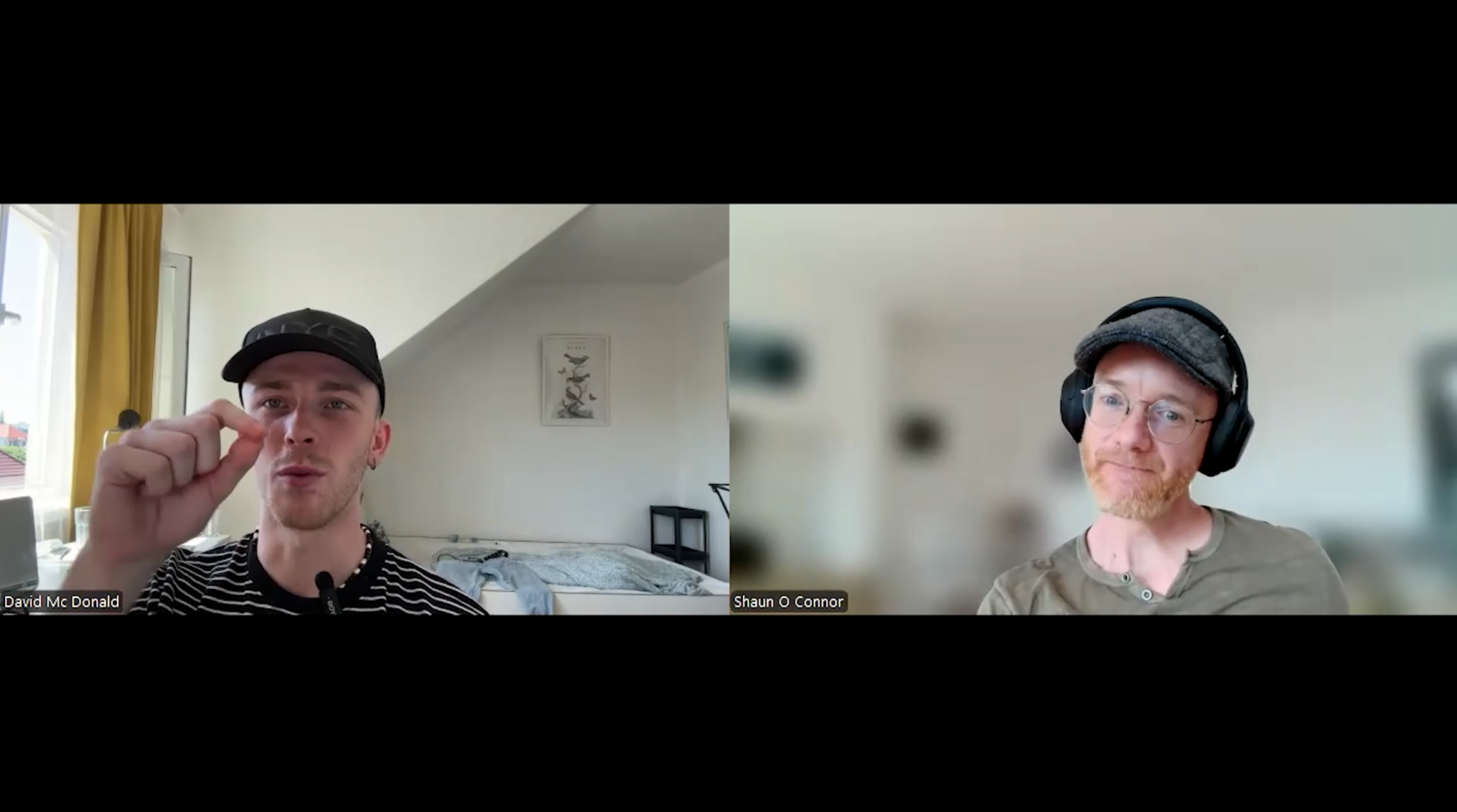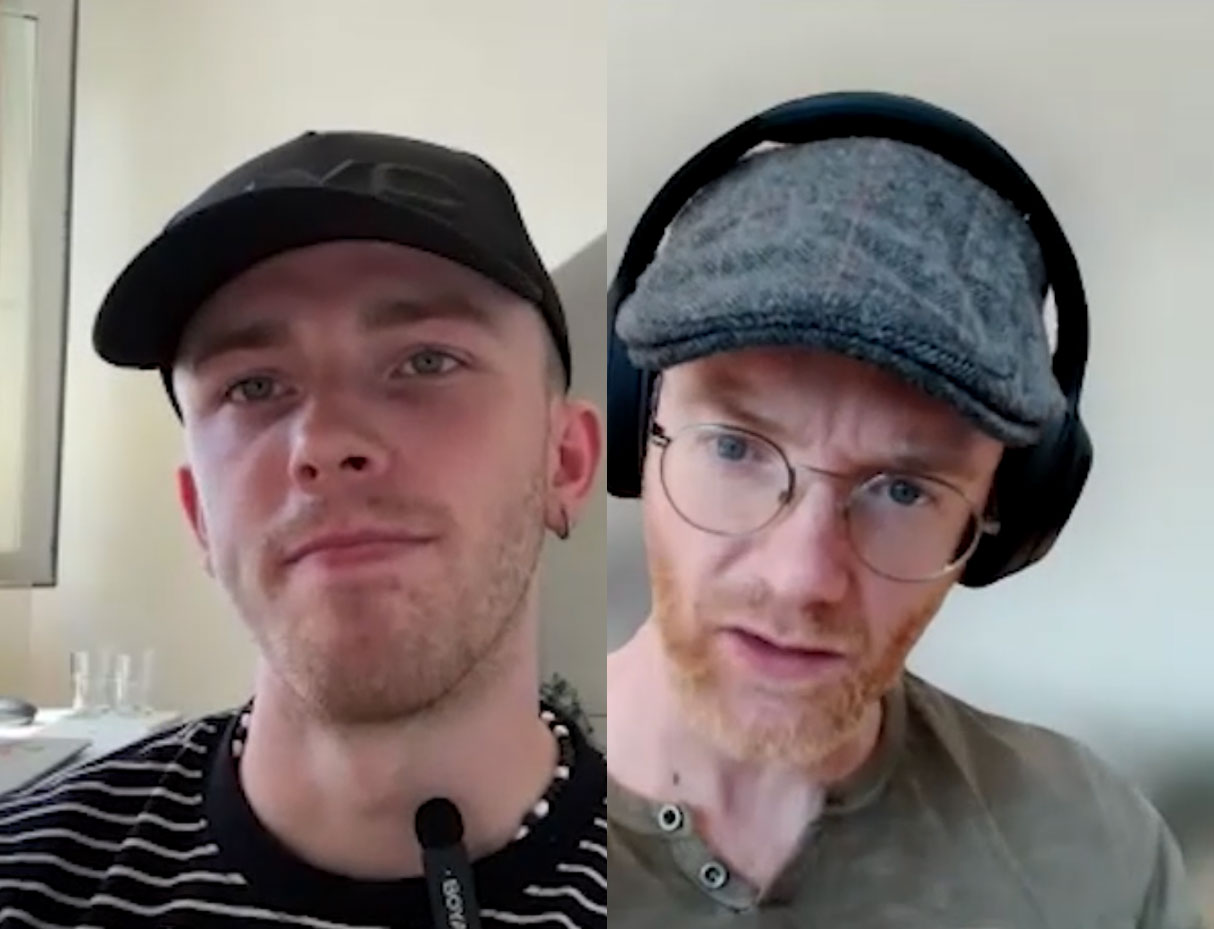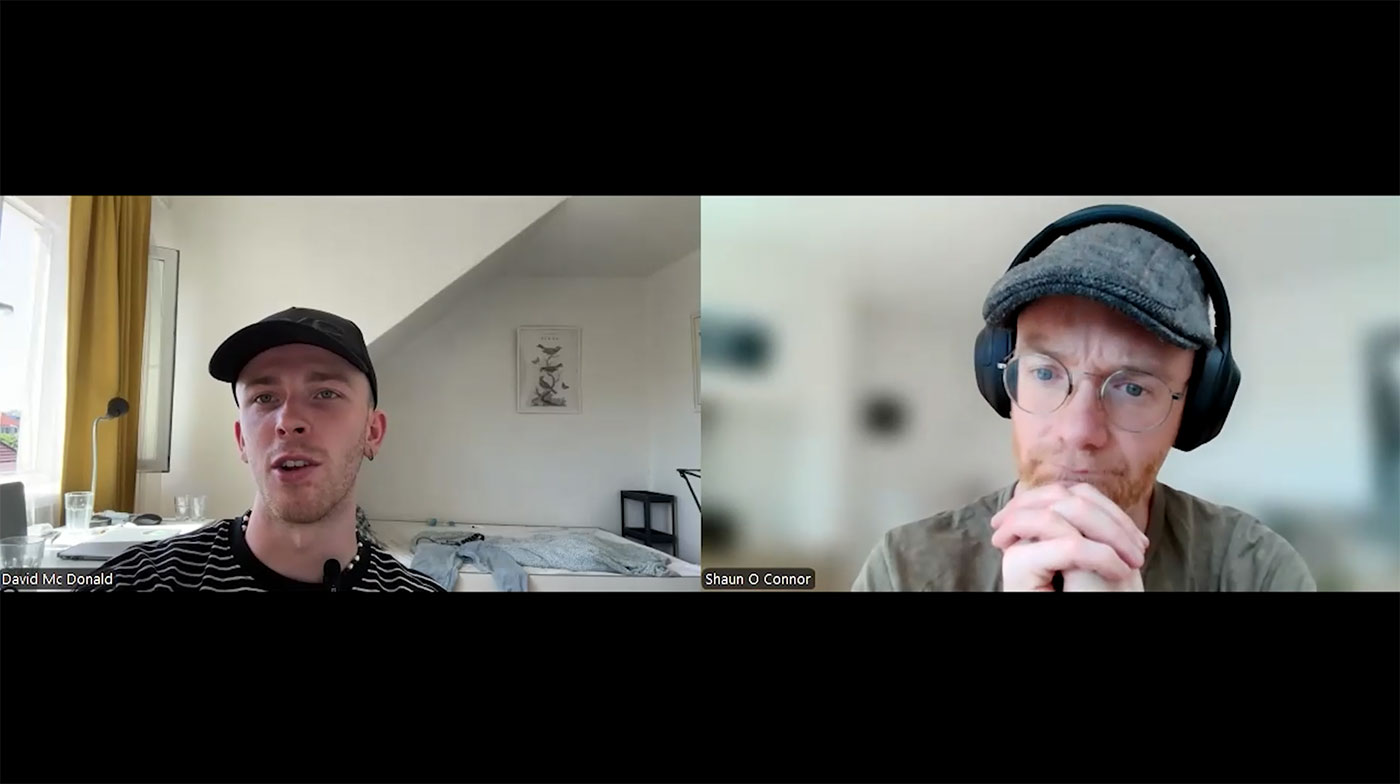DPDR Recovery Interview: David McDonald on Overcoming Depersonalization and Derealization
_____________________________
Real recovery stories matter. Today, we’re sharing the inspiring journey of David McDonald (26), originally from Ireland and now living in Prague, where he is training and practicing in coherence therapy.

David’s DPDR Story
David’s experience with Depersonalization / Derealization Disorder (DPDR) began suddenly, with no obvious trigger. What followed was a deeply unsettling shift in perception that lasted for over a year. His symptoms included:
-
🌀 No sense of agency or free will
-
💭 Intense obsessive philosophical intrusive thoughts
-
🌟 Visual snow, tinnitus, and hypersensitivity to light
Despite the severity of his symptoms, David eventually found the tools and insights that would allow him to recover completely. One of the resources he credits most? The recovery interviews and videos right here on The DP Manual.
“I’ve completely recovered from DP/DR! Your videos and especially the interviews were absolutely crucial in my recovery and the advice is excellent! I’m currently studying and practicing as a coherence therapist, so when I say that, I really mean you’re doing a great job!” – David McDonald

Expert Commentary
As the author of The DP Manual and an educator on DPDR recovery, I found this interview particularly valuable for people who practice meditation or worry that DPDR is somehow related to enlightenment.
David’s story makes it clear that while mindfulness can be a useful tool, DPDR is not a mystical state -- it is a temporary, reversible condition that you can recover from fully.
His insights about balancing therapy work, mindfulness, and real-world responsibilities like holding down a day job are a powerful reminder that full recovery is possible and life after DPDR can be completely normal.

David’s perspective is especially valuable because he is now studying and practicing coherence therapy, which gave him both a lived-experience and a therapeutic framework for understanding recovery. His insights bridge personal recovery with professional training, adding depth to the discussion.
We also touched on Visual Snow Syndrome, which overlaps with DPDR and can be extremely distressing. David explained how he learned to reduce his focus on the symptom, and how this shift in perspective played a key role in his overall recovery.

Watch More Recovery Interviews
If David’s story inspired you, be sure to explore more DPDR recovery interviews. Each one highlights different paths and strategies, proving that recovery is always possible, no matter the trigger or duration of symptoms.

Written by Shaun O Connor
Shaun O Connor is the creator of The DP Manual Recovery Program and a mental health educator specializing in DPDR recovery. Since overcoming Depersonalization himself, he has helped tens of thousands of others do the same through his writing, one-on-one coaching and YouTube channel.
✍️🕒 Last Updated on August 18, 2025 by Shaun O Connor
